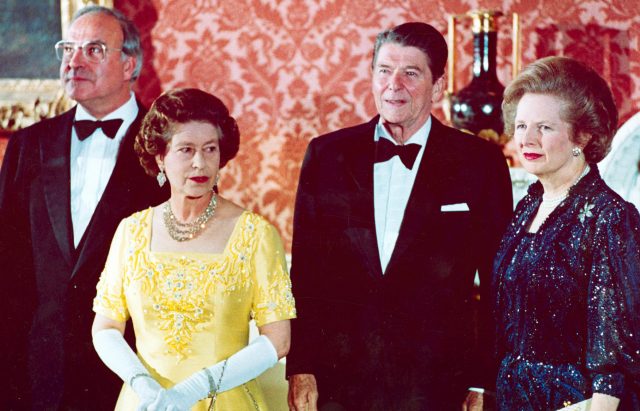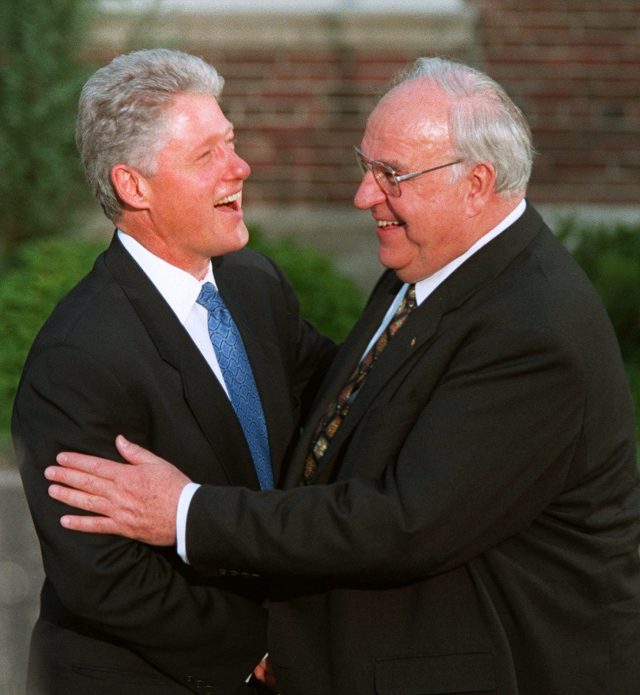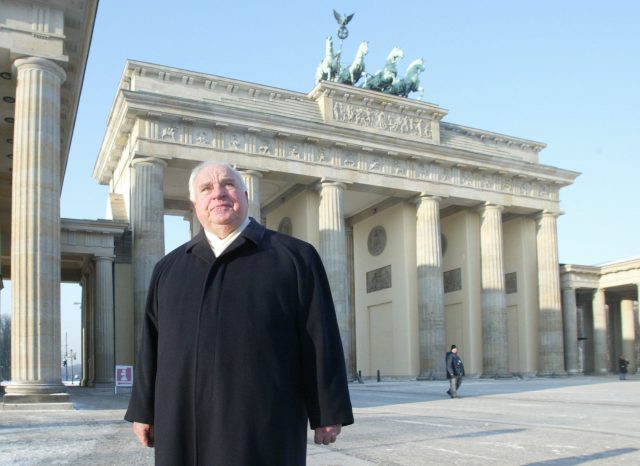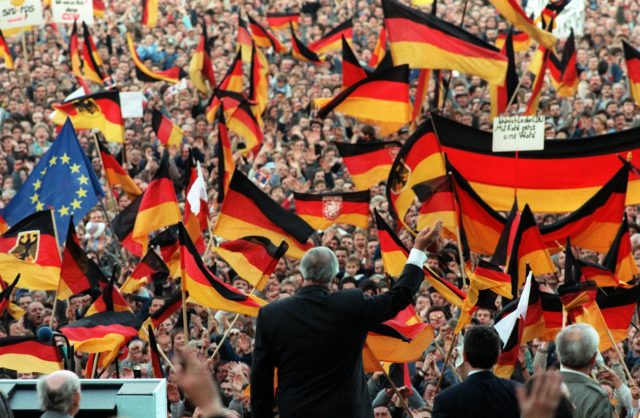Helmut Kohl, chancellor who reunited Germany, dies at 87
Former US president Bill Clinton once described Mr Kohl as “the most important European statesman since World War Two”.

Helmut Kohl, the German chancellor whose reunification of a nation divided by the Cold War put Germany at the heart of a united Europe, has died at the age of 87.
His Christian Democratic Union party posted on Twitter: “We are in sorrow. #RIP #HelmutKohl.”
The daily newspaper Bild reported that Mr Kohl died on Friday at his home in Ludwigshafen.
Over his 16 years at the country’s helm from 1982 to 1998 — first for West Germany and then for a united Germany — Mr Kohl combined a dogged pursuit of European unity with a keen instinct for history.
Less than a year after the November 1989 fall of the Berlin Wall, he spearheaded the end of Germany’s decades-long division into East and West, ushering in a new era in European politics.
It was the close friendships Mr Kohl built up with other world leaders that helped him persuade anti-communist Western allies and the leaders of the collapsing Soviet Union that a strong, united Germany could live at peace with its neighbours.

"Helmut Kohl was the most important European statesman since World War Two," Bill Clinton, the former US president, said in 2011, adding that Mr Kohl answered the big questions of his time "correctly for Germany, correctly for Europe, correctly for the United States, correctly for the future of the world".
"The 21st century in Europe really began on his watch," Mr Clinton said, describing Mr Kohl as "a man who was big in more than physical stature".

Famed for a massive girth on his 6ft 4in frame, Mr Kohl still moved nimbly in domestic politics and among rivals in his conservative Christian Democratic Union, holding power for 16 years until his defeat by centre-left rival Gerhard Schroeder in 1998.
That was followed by the eruption of a party financing scandal which threatened to tarnish his legacy and for a time plunged the CDU into crisis.

For foreigners, the bulky conservative with a fondness for heavy local food and white wine came to symbolise a benign, steady — even dull — Germany.
His legacy includes the euro currency that bound Europe more closely together than ever. He lobbied heavily for the euro, introduced in 1999, as a pillar of peace — and when it hit trouble more than a decade later, he insisted there was no alternative to Germany helping out debt-strapped countries like Greece.

Once viewed as a provincial bumbler, Mr Kohl combined an understanding of the worries of ordinary Germans with a hunger for power, getting elected four times.
He served longer than Konrad Adenauer, West Germany’s first post-war chancellor and his political idol. Only Otto von Bismarck, who first unified Germany in the 1870s, was chancellor longer, for 19 years.





